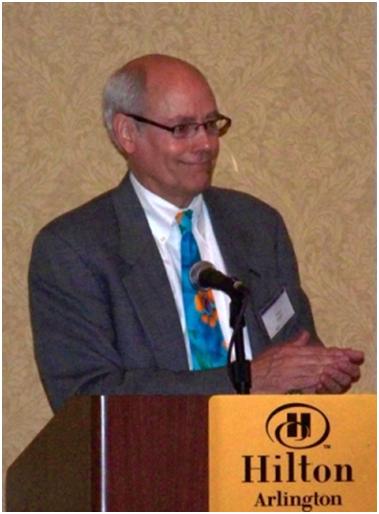By Shambhu Sharan
The large businesses import goods from the other countries in a large level at a lower price, but the small businesses buy their products locally, which are more expensive. That has impacted small businesses.
The current economic downturn has hurt small businesses in the U.S. and also across the Metroplex.
Southern Methodist University economics professor and author Ravi Batra said that small businesses have been hurt by the higher taxes.
“A small business owner pays 10-15 percent income tax, 8 percent sales tax and 15.6 percent self-employment tax, which represent a large part of small businesses overall income,” Batra said.
Larger businesses import goods in large quantities at lower prices from developing countries than small business can.
“Large businesses import goods from China, India and Africa, where labor costs are lower than in the United States,” Batra said. “They import in a large quantity and try to stock their shelves with almost every conceivable item. That’s because people would like to buy all their consumer goods at one place to save money and time,”
Batra said if the government reduced the self-employment tax on small business owners, it would help them grow. Then, they could invest their savings in their businesses.
“During the recession, many people lost their savings and investments,” Batra said.
“They have less buying power.”
Plano’s Precious Beginning Montessori Academy teacher Uma Srinivasan said the smaller grocery stores are expensive and located far from her home.
“I used to shop in smaller stores, but now I shop in the supermarkets such as Wal-Mart, Sam’s Club and Kroger,” Shrinivasan said. “I get almost all the items at the Sprouts cheaper except wheat flour and few kinds of lentils.”
Srinivasan maintains the habit of consuming healthy foods. Many stores like Sprouts, Albertsons, Kroger and Whole Foods have a superior quality of organic products for better prices. These stores also accept consumer coupons, which are a cost effective for the buyers in this recession period.
“Indian and Asian grocery stores are forced to raise their price because of the high export costs, but they do not provide the better quality,” Srinivasan said. “The larger stores are competitive with quality and cost.”
Baldev Singh, President of Subji Mandi, an Indian store, started his store in November 2003 in Garland. His store suffered lower sells since last year due to competitive supermarkets.
“When gas prices went up, the prices of imported rice, wheat flours and spices went up,” Singh said. “When value of the dollar goes down his prices go up.”
Singh said the prices of lentils and masoori rice are high because India stopped exporting these goods. He imports these items from Kenya, Australia and Mexico by paying higher prices.
An Indian grocer Gursharan Singh Bagli buys in the Indian store because he finds most of his desired goods in the store.
Ike Theo, a Chinese grocer from Richardson, said he prefers to buy in Fiesta because it is cheaper and he finds most of his groceries in the store.
“Indian stores have no tofu and very less fresh vegetables and fruits available,” Theo said. “I find more varieties of fruits and vegetables in the Fiesta.”
Marc Friedland was the founder and owner of Talley’s Green Grocery, a natural foods supermarket in Charlotte, N.C., from 1991 to 2008. Friedland said he closed his business because big supermarkets opened near his store and he couldn’t compete against them.
Friedland said the failure of small businesses can cause more long-term harm to the economy than the high profile failures in the financial sector.
“In 2007 small businesses accounted for 78.9 percent of all new jobs,” Friedman said. “But when the recession hit, the government bailed out the banks and large corporations – not small businesses.”
Moreover, with all the federal money being thrown out to businesses “too big to fail,” small businesses have received almost nothing, he said.
“When the small business fails, it is one of the neighbors that get hurt. Additionally, the employees of that business are out of work,” Friedman said.
(Shambhu Sharan is an Intern Reporter, Prout Journal published from Washington D.C.)




